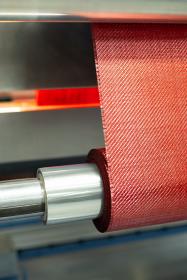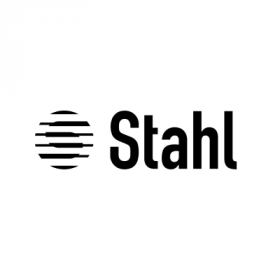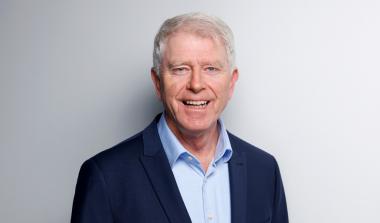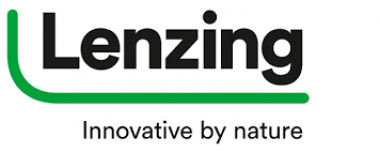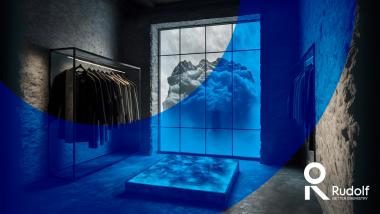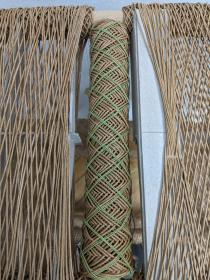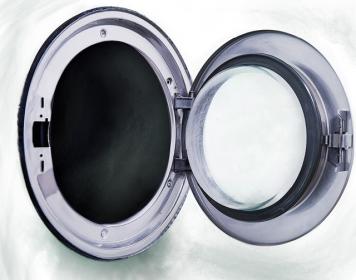Polartec launches ‘Beyond Begins Today’ Series
Polartec, a Milliken & Company brand and the premium creator of innovative and more sustainable textile solutions, unveils the first of three short films which comprise the company’s multifaceted Beyond Begins Today campaign. Featuring Eva Karlsson (CEO, Houdini), Chris Parkes (Natural World Photographer), and Karen Beattie (Director of Product Management, Polartec), the first chapter explores our Planet and the intrinsic value of our natural world.
As a global initiative through which Polartec aims to raise awareness and unity around important universal themes including sustainability, diversity and positive change, Beyond Begins Today leverages static and multimedia content published on multiple touchpoints and channels throughout the year. Chapter 1: the Planet, is the first of three chapters with the second and third chapters dedicated to Product and People respectively.
Polartec











